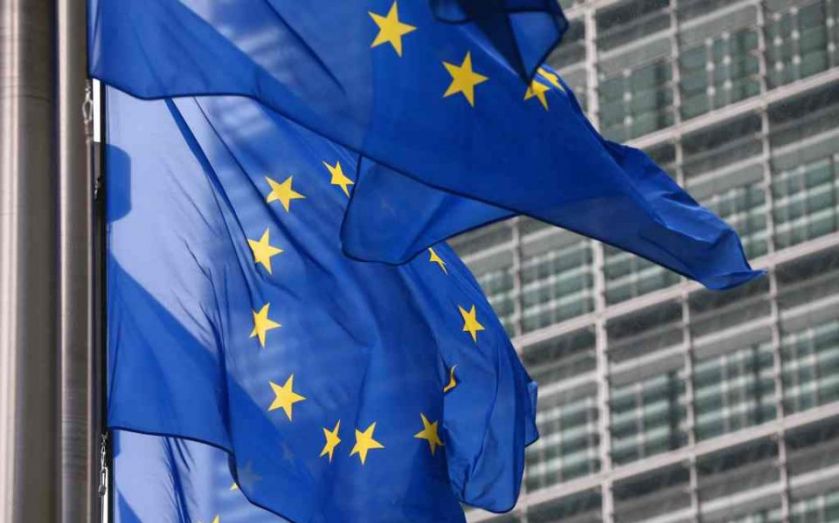Euro suffers biggest one-day fall in three years

The euro suffered its biggest fall since 2012 today, following the decision by the European Central Bank to launch a €60bn-a-year government bond-buying programme.
The currency sank 2.1 per cent, falling to $1.11. It also dropped 1.35 per cent against the pound, to £0.75.
However, equities markets cheered the move, with the FTSE 100 rising 0.2 per cent, while the FTSE Eurofirst gained 2.09 per cent.
Moody's senior vice president for corporate finance, Jean-Michel Carayon, suggested the move will be "positive for companies, especially when combined with the parallel impact of lower oil prices".

The euro experienced its biggest one-day fall against the dollar in three years (Source: Bloomberg)
The currency may be affected further by fluctuations in the market ahead of a crucial vote in Greece. Syriza still has a 4.9 point lead on its rivals, although research by Oxford Economics suggested a surge in the popularity of independent parties may harm the far left party's lead.
If the party does win the vote, its leader has pledged to "cancel austerity", stopping interest payments on the country's €240bn debt.
However, investor Threadneedle said that "overall", it was positive on the financial impact of the ECB's quantitative easing programme.
The economic background in Europe does appear to be showing mixed as opposed to negative signals (see the recent ZEW survey of investor confidence, which has jumped to an 11-month high, for example). It is also important to remember that the European stock market is not the same thing as the European economy; Europe is home to many world leaders, and many of these companies have strong positions within their particular industry or sector.